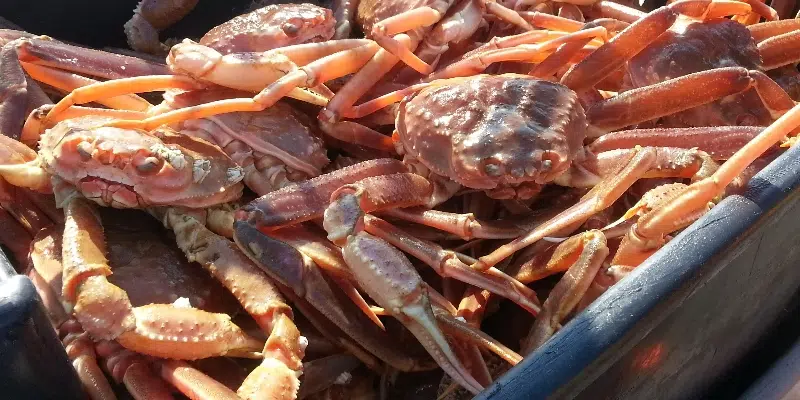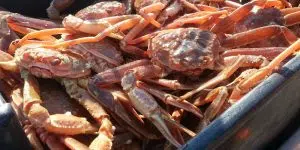A new study out of the Marine Institute indicates that a warming climate will have a significant impact on snow crab numbers in the coming decades.
The study specifically looks at the future of snow crab, yellowtail flounder, and cod in the warming waters of the Grand Banks.
Using species distribution models, the study looks at habitat changes due to warming waters going all the way to the year 2100.
The most devastating impacts are being seen for snow crab.
Raquel Ruiz-Diaz, lead author of the report, says that by the end of the century, snow crab biomass is expected to decline by 60 per cent on the Grand Banks, which is where most of the quota is allocated.
The report indicates that the biomass for yellowtail flounder is also expected to decline.
It explains that the distribution of that species is centred on the southeast shoal of the Grand Banks. That area is considered a nursery and is where higher warming levels are expected.
However, much better outcomes are expected for Atlantic Cod. The report says that species can tolerate higher water temperatures, and is expected to see biomass gains mostly in the southern Grand Banks.]
























